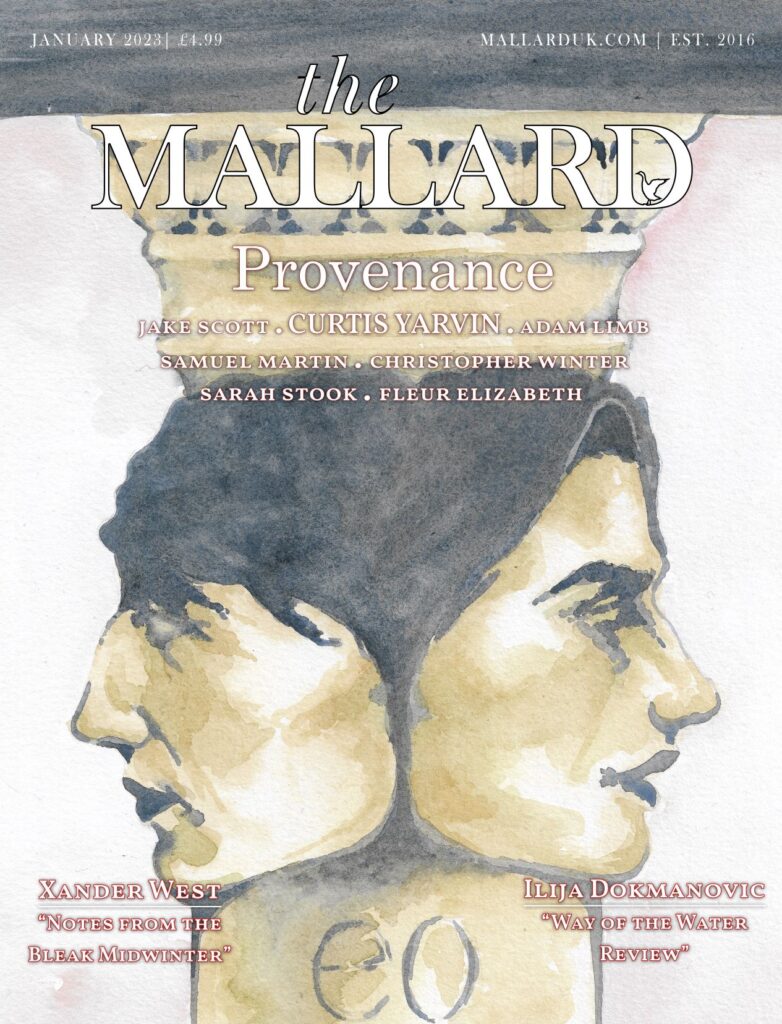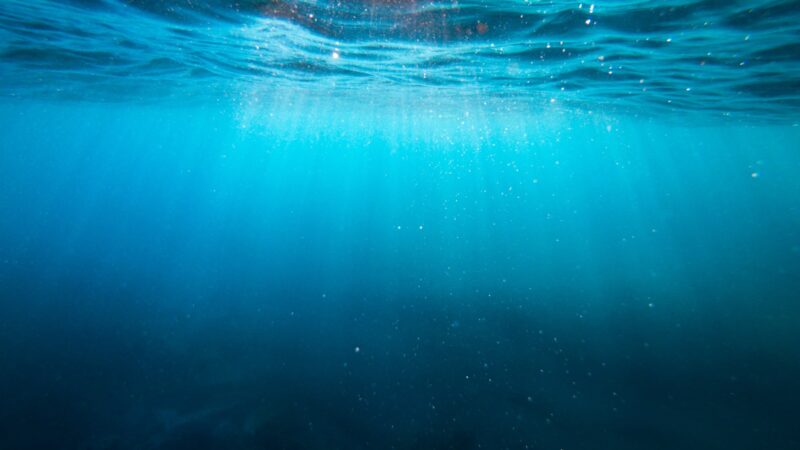Avatar: The Way of Water Review (Magazine Excerpt)
It has been almost 12 years since the release of one of the highest grossing films of all time – that being 2009’s Avatar, James Cameron’s sci-fi epic.
There has been a running meme for the last couple years that despite the first Avatar film’s wild success in the box office, it isn’t a memorable film. The characters aren’t memorable, the storyline is a copy and paste of 1990’s Dances With Wolves, and that its success hinged on the technological breakthroughs in CGI and 3D film that were a staple feature of the film.
In retrospect, the running joke isn’t far from the truth. Avatar is a film that hasn’t held up for casual viewers on its own merits, but rather through nostalgia of a time that has long passed – a time before the insanity of the last 10 years in the social and political scene, where most people were more concerned about the film’s core messages; that being a deeply environmentalist film, a critique on colonialism, and the insatiable appetite of human discovery wreaking havoc on innocent and more noble creatures.
While there are aspects of the original film I enjoy, such as the detailed world-building that Cameron is known for, and the cutting edge visual effects, it still failed to resonate with me the way it has with many other viewers.
The preaching was exhausting when I watched it the first time in 2009, and it is still exhausting today. I get it. Humans are bad, save the trees, the military industrial complex is so evil, etc, etc.While the second installment Avatar: The Way of Water certainly delves a little deeper into the lore and ups the stakes for the protagonists, it still carries the same bare-bones environmentalist sermon that has become all too exhausting in this day and age, especially when we have Extinction Rebellion and Just Stop Oil cronies ruining fine art and causing general inconvenience to all those around them in our current reality.

This is an excerpt from “Provenance”. To continue reading, visit The Mallard’s Shopify.


Notes on the Social Democratic Party Conference
Upon arriving at Church House, I was asked for my name so I could receive my pass. I wasn’t on the list. After a few brief minutes, assuring the two very kind activists working the reception that I wasn’t a militant infiltrator, it turned out that I was on a completely different list – the VIP list. Jesus Christ, I thought, the Conservative Party never gave me a VIP pass!
Making my way up the stairs to the conference hall, I walked in on the SDP membership voting on various motions; policy proposals that may or may not be adopted into the party platform. The Labour Party is hated for a variety of valid reasons; I would know, I tend to hate them for such reasons myself. That said, one of the benefits of being a Labour member, compared to being a member of the Tory Party, is the ability to influence policy through voting. Unfortunately, it comes with a catch: sharing a party jampacked with gay race communists.
Conventional wisdom tells us that we cannot have our cake and eat it, but the SDP provides a pretty compelling counterargument. You can have a democratic party, one which gives people some degree of political influence in exchange for paying the membership fee, without having to contend with smelly environmentalists and minority-interest bandits.
Just before he started his speech, Clouston made an offhanded remark about his reputation for soft-spoken oratory; a huge relief, given he isn’t an exciting speaker. That’s not a bad thing, by the way. On the contrary, it shows Clouston is self-aware which is a good thing… a very good thing. The last time a quiet man decided to “turn up the volume” everyone wanted him to shut up.
For clarity, there is a difference between an exciting speaker and an engaging speaker. The former concerns form whilst the latter concerns substance, and there was plenty of substance to his speech, both in terms of delivery and content. Clouston knows he’s a natural priest, and there’s nothing more off-putting than a priest who tries to be exciting. As such, Clouston stuck to what he’s good at: giving clear, methodical, and authoritative sermons, dictating the creed to the congregation, plucking quotes from the writers and leaders of bygone ages like prophets from the Old Testament; an Apollonian counterbalance to the Dionysian rabble-rousing of the chain-smoking, ale-chugging Nigel Farage.
And what was this creed, exactly? What was he cooking? “Vote positively” (if you believe in something, vote for it; that is, participate in democracy), “don’t vote Tory” (self-explanatory, in more ways than one), “don’t vote for anyone who doesn’t know what a woman is” (it’s certainly preferable to the alternative), “elect national leaders not charity workers” (Leeds is more important than Lagos), “don’t divide us” (stop being anti-white and turning Britain into a low-trust hellhole), “support conviction politicians” (hear, hear), “trade deficits matter” (HEAR, HEAR), and consider standing for election (we’ll get to this).
Of course, Clouston wasn’t the only speaker. Rod Liddle gave an unreservedly pro-Israel speech, whilst Laura Dodsworth outlined the dangers of social engineering. Graham Linehan was brought out for his regularly scheduled post-cancellation rehab session. Hugo de Burgh, who really should get into voice acting, gave a good speech on the long-term consequences of short-termist politics. In other words, there was something for everyone, it wasn’t half-a-day of “The Left Have Gone Quackers!” and such.
In-between speeches, it was abruptly announced that the SDP had received £1,000,000 from an anonymous donor. I could be wrong, but I’m guessing it was Paul Marshall. My evidence? First: I suspect the SDP is too dirigiste for the likes of Jeremy Hosking, even if he enjoys the so-called culture war aspects of contemporary politics. Compare this to someone like Marshall, who stood for parliament in Fulham in 1987 as an SDP-Liberal Alliance candidate and has provided support to organisations like UnHerd and the Alliance for Responsible Citizenship.
Second: Marshall’s son was on one of the panels. Winston’s contributions largely revolved around wanting to do stuff, rather than talking about doing stuff. Too right! Pontification only get us so far. Eventually, reality itself must be confronted as it is. Best not to waste your courage on fixing problems made in your own head, so to speak.
Still, discussions, forums, debates, etc. all have their place, and were present at the conference in addition to stand-alone speeches. Ross Baglin’s comments on the civil service were particularly welcome, as were his caveats to proposed fix-all technical solutions. As I have stressed to people many times, the political aspect of politics cannot be denied; the sooner we normalise viewing the civil service as a political problem, rather than some technical banality to be tolerated as part of British civic life, the better.
Of course, as Baglin also pointed out, this partially relies on conservatives developing a politicised frame-of-mind, overcoming their instinctual tendency to pursue an undisturbed life. Indeed, this has been a challenge in the past and remains a challenge now, but it’s evident that right-wing ideology, having been pushed to the periphery of public acceptance, has also attracted a large contingent of anti-establishment dissidents. Instinctually open-to-experience and somewhat contrarian, most have no interest in leading a depoliticised existence. Any party prepared to meet them half-way is sure to benefit.
However, despite the varying merits of the aforementioned, one could sense Matt Goodwin’s speech was the most anticipated, actualising in the most explicit form of praise one can receive on such occasions: a standing ovation. Concluding the SDP’s diagnosis of contemporary British politics was correct, and the consensus of the British public could be found in the party’s manifesto, Goodwin reassured members the only thing between their policies and a political breakthrough was a matter of publicity.
Goodwin covered the bases you’d expect him to cover. Left-on-economy good, right-on-culture good, CRT is divisive, Gary Lineker is a libtard (please keep in mind, dear reader, that I am paraphrasing quite a bit). Goodwin’s insistence on using the term “political correctness” instead of “woke” – apparently, 95% of British people understand what the former means, compared to roughly 50% for latter – was a pleasant surprise, as was his call for total war against Britain’s public institutions and political duopoly.
I shan’t hash out all of my contentions with everything that was said at the conference as they’re mostly theoretical points – that is, not specific to the SDP or even party politics in general – and deserve their own piece, if anything at all. Nor shall I conclude with my thoughts on what the SDP should do going forward. Like a corporate multinational stooge, I have outsourced such menial, unpaid labour to a young SDP activist, whose perspective is surely more valuable than anything I can provide here.
Instead, I shall conclude with this: the last of Clouston’s eight points won’t be for everyone. For many, building a house and/or writing a book is obviously preferable to running for Parliament. However, if there is an SDP candidate standing in your area, and your MP isn’t Sir John Hayes or someone of reliable calibre, it wouldn’t hurt to support them (assuming you’re not planning to stay at home on election day).
Putting aside the hang-ups one might have with the party’s chosen aesthetics, rhetoric and sloganeering, the SDP platform isn’t half-bad: protecting civil liberties, civil service reform, bringing now-foreign-owned industries and assets back under national control, and a generational pause on immigration is preferable to the prevailing consensus of mass servitude, debt, and immigration. One activist described the party platform as “Singapore mixed with Blue Labour.” Indeed, it’s unconventional; like ordering a bowl of rice to go with your lamb and mutton. An acquired taste, for sure. Possibly in need of some refinement, at least according to some. Nevertheless, there are objectively worse options on the menu. Zimbabwe mixed with Judith Butler, for example. Human flesh served with… human flesh.
This isn’t so much an endorsement as it is a request to keep an open mind. As Barry Goldwater once said: “Extremism in the defence of liberty is no vice and moderation in the pursuit of justice is no virtue.” Similarly, conventionality at a time when national self-harm is standard procedure isn’t patriotic. When faced with such dire circumstances, a good dose of unconventionality may very well be in order, especially at the ballot box.
Photo Credit.